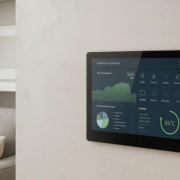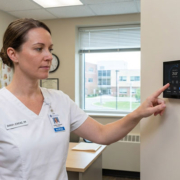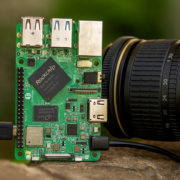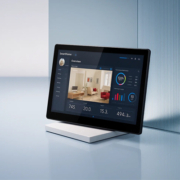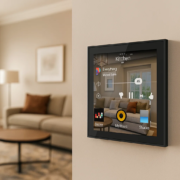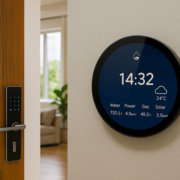What Operating System Does a Smart Home Control Panel Use — And Will It Lag?
When considering a smart home control panel, it’s not just the hardware specs that matter — the operating system (OS) plays a crucial role in determining user experience, system stability, and long-term compatibility.
A question we often hear is:
“What OS does the panel use? And will it lag over time?”
Let’s dive into the core systems behind today’s smart panels, what affects performance, and how to choose a system that stays smooth and reliable.
Common Operating Systems Used in Smart Panels
Smart home control panels typically run on embedded operating systems, and the most popular options include:
Android OS
The most widely used system in modern smart panels, especially Android 9, 10, or 11.
- Pros: Familiar interface, app ecosystem, flexible UI customization, touch-optimized
- Use case: Residential smart homes, hotels, commercial environments
Linux (e.g., Ubuntu, Buildroot, Debian)
Lightweight and highly stable OS used in more industrial or custom applications.
- Pros: Highly stable, customizable, low resource usage
- Use case: Industrial control, OEM-specific applications, long-term support environments
❌ Proprietary OS / RTOS
Used in budget or closed-system panels. Limited functionality and customization.
- Pros: Low hardware requirements
- Cons: Less flexible, limited third-party integration, outdated UIs
2. Will the Panel Lag Over Time?
The performance of a control panel is influenced by more than just the OS. It’s a combination of:
| Factor | Description |
|---|---|
| Processor (CPU) | Determines speed and multitasking ability. Chips like RK3566, RK3568, or RK3588 are ideal for smart panels. |
| RAM & Storage | Minimum 2GB RAM is recommended for Android; 4GB offers smoother performance, especially with multiple apps. |
| System Optimization | Clean Android builds without unnecessary bloatware tend to run faster and more reliably. |
| Usage Over Time | Like smartphones, poorly optimized systems may slow down over months if not updated or maintained. |
| Cooling Design | Passive cooling systems in well-designed panels help prevent overheating and performance drops. |
3. How to Avoid Lag in Long-Term Use
Here are a few ways to ensure your smart panel stays smooth:
- Choose panels with modern SoCs like RK3566 or RK3568
- Avoid low-end Android tablets repurposed as smart panels
- Look for manufacturers offering OTA updates and long-term system support
- Opt for panels with clean UI/UX and efficient firmware
4. Portworld Smart Panels: Built for Stability and Speed
Portworld’s range of smart home control panels — including the YC-SM55P, YC-SM08P, and YC-SM10P — are powered by Rockchip RK3566 or RK3568 chipsets, offering:
- Android 11 OS (customizable)
- 2GB/4GB RAM with 16GB–64GB eMMC storage
- Fluid touchscreen performance with no lag even under multi-scene operation
- OTA firmware upgrade support
- OEM/ODM flexibility — Android or Linux available
Whether you’re installing in a home, office, or hotel, Portworld’s smart panels provide reliable long-term performance with an intuitive user experience.

